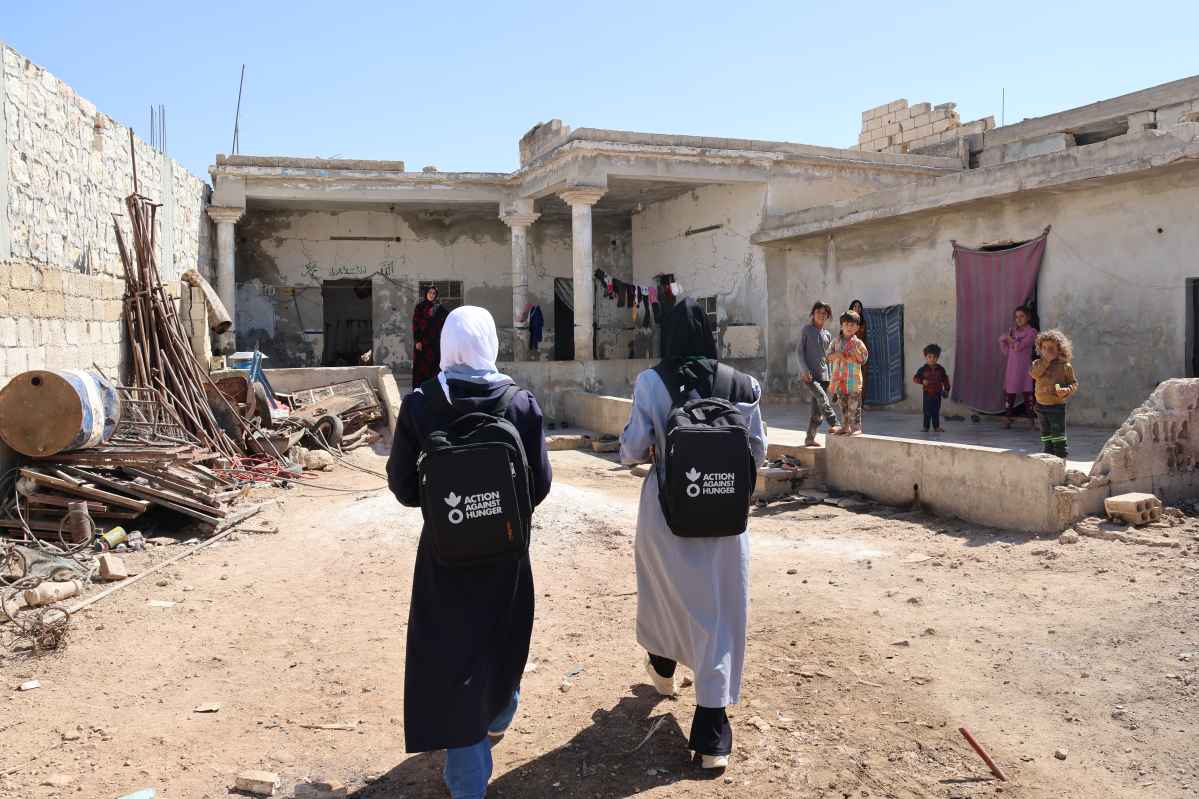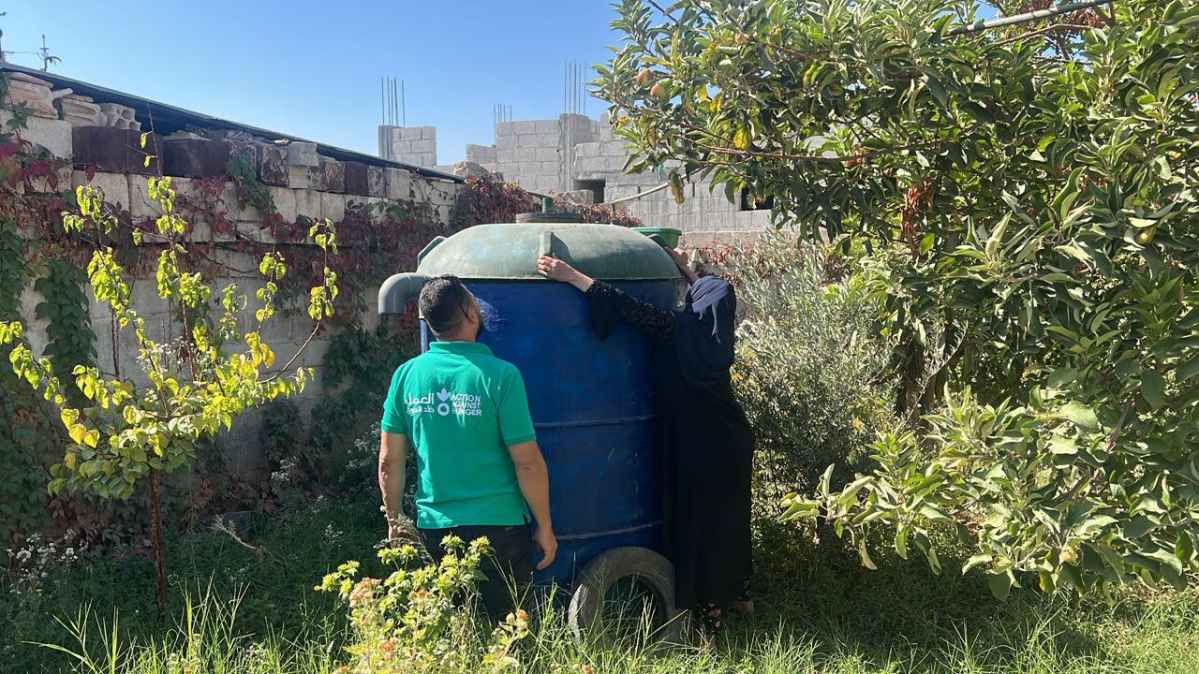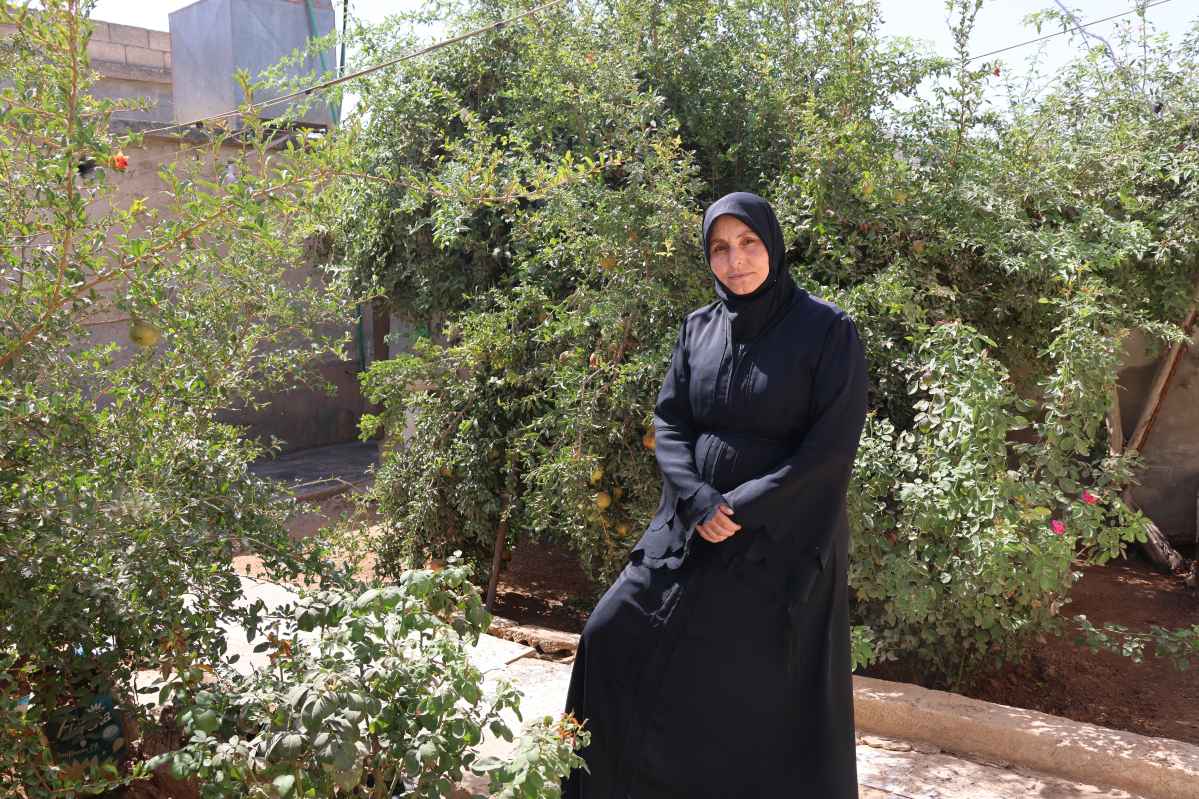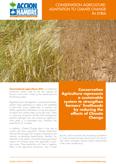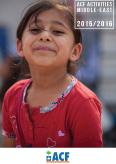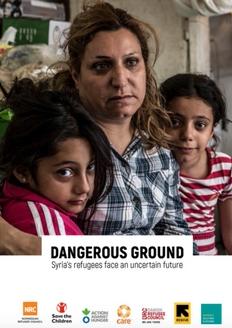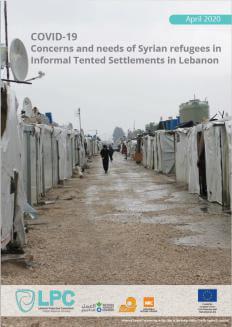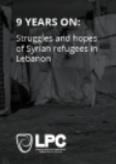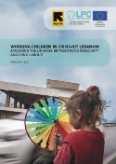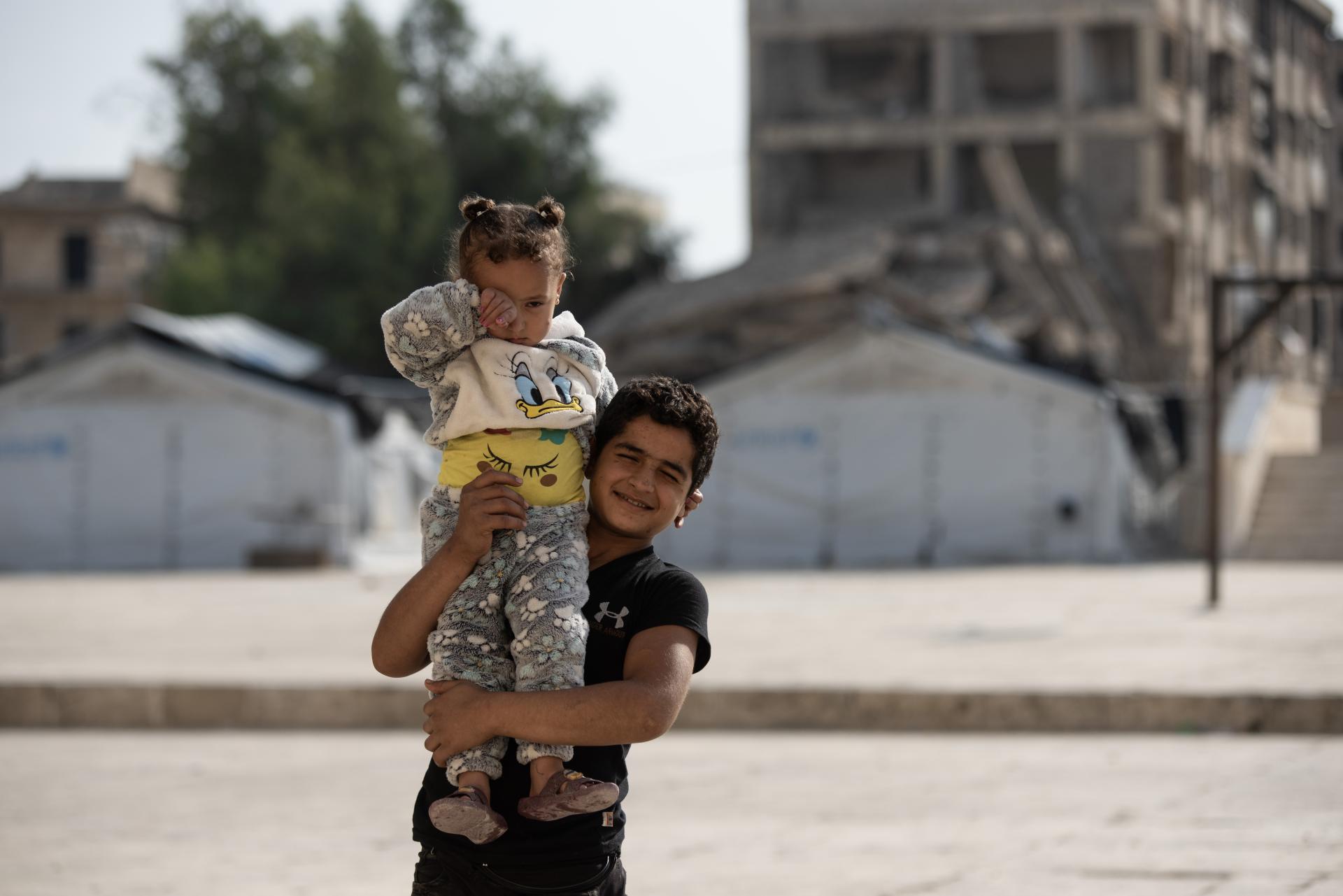
Humanitarian context
After 12 years of conflict, Syria faced another devastating blow when a series of earthquakes struck northern Syria and neighbouring Turkey in February 2023, killing nearly 6,000 people, injuring 13,000 and displacing hundreds of thousands of families in Syria. This crisis exacerbated the plight of Syrians, already struggling with weakened infrastructure and economic instability, and left 16.7 million people in need of humanitarian assistance.
Recurrent disease outbreaks, waterborne infections, prolonged drought and food insecurity contributed to rising rates of premature death and disease, including increased levels of malnutrition. Approximately 12.9 million Syrians needed food aid, representing half of the population, and the cost of essential food items doubled in October 2023. By November 2023, the Syrian pound had depreciated by half against the US dollar, which had a significant impact on the cost of living. Inflation and the general economic crisis further aggravated poverty levels and dependency on humanitarian aid, leaving 90% of the population living below the poverty line.
Our activity
Action Against Hunger provided assistance, reaching more than 1 million people in 2023 in Aleppo, Hasakah, Hama, Idlib and Latakia. Focusing on health and nutrition, food security, livelihoods and emergency response efforts (particularly in earthquake-affected communities), Action Against Hunger worked to revive existing community structures for sustainable and locally managed health services, restore the food chain, introduce climate-smart agricultural practices for environmental resilience, and ensure communities' access to clean water.
In addition, we provided clean water daily to more than 200,000 people in Hasaka in northern Syria, where drought and multiple attacks on the Alouk water station had exacerbated the suffering of the population.
WHERE WE HELP
We help 24.5 million people each year. We work in 55 countries in Africa, Asia, Latin America and Europe, those most threatened by hunger.
EYEWITNESSES
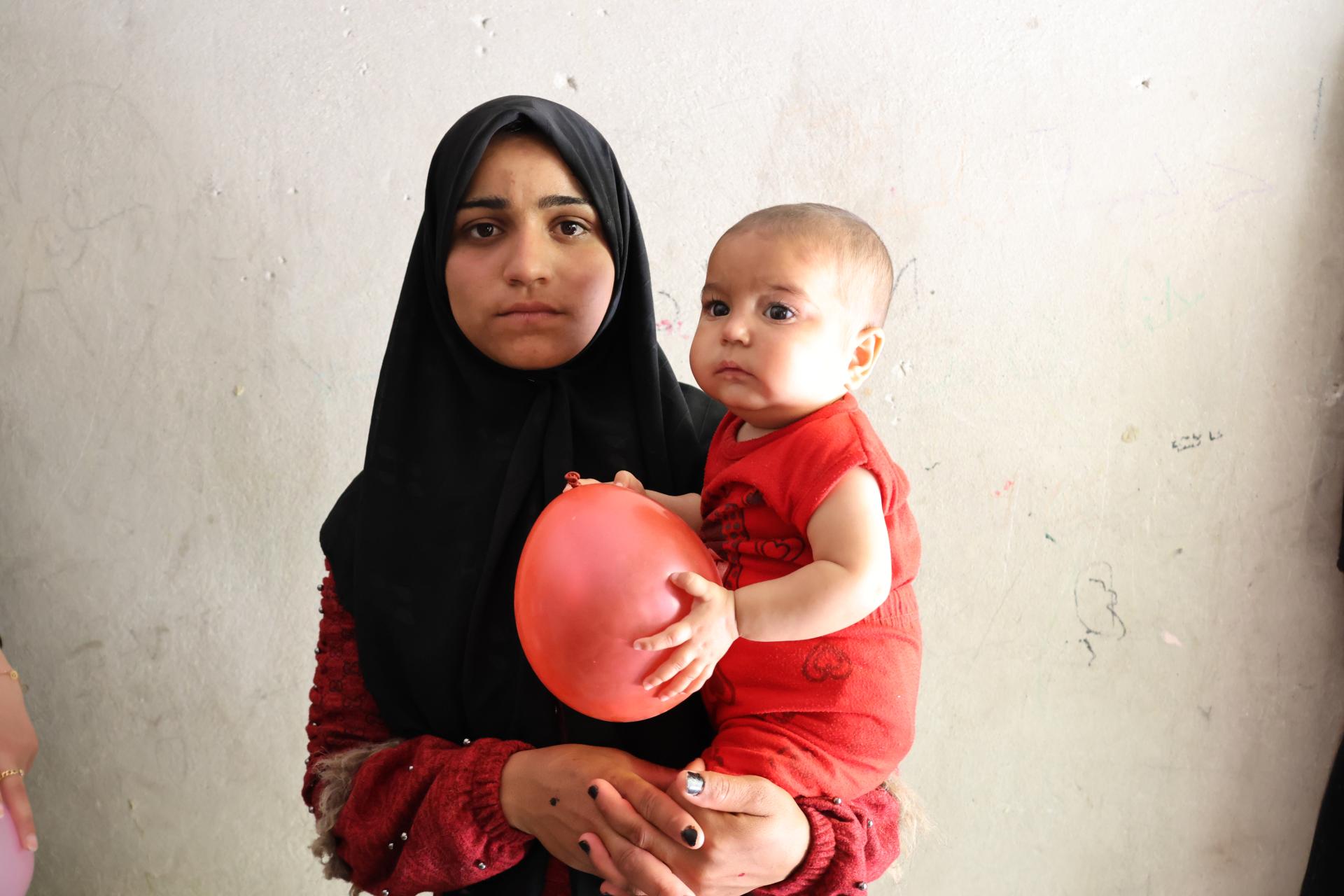
AMINA, A 23-YEAR-OLD SINGLE MOTHER, HAD BEEN WAITING FOR NEWS OF HER HUSBAND FOR TWO LONG YEARS AFTER HE WENT MISSING
because of the conflict in Syria. Sadly, she recently received the shocking confirmation of his death, which has left her emotionally distraught. Amina and her two children, a boy and a girl, found comfort and shelter at her parents' home, along with her three sisters and two brothers.
Life was not at all easy for the family, who suffered severe economic hardship. Amina's elderly father worked hard to support them, collecting plastic to earn a limited income. In the meantime, Amina and her sisters struggled to make ends meet by working in maize hulling, but scarcely earned any money from it. Khan Mohammad has been living in Kabul for about 8 years with his wife and 3 sons and 2 daughters in the house of one of his brothers, who has lent the family a room with a bathroom.
In winter we don't have much electricity, and the weather is so cold and wood is so expensive that we can't always afford it, but we have a heater and everyone comes to this room to warm up. As for water, we only have one well, here in our house. We drink from it, wash our clothes and also use it for other needs. We moved from Paktia to Kabul because there were no job opportunities in Paktia. In spring it's still fine, but in winter we can't even find enough food.
Khan Mohammad has not had a steady job for two years, even though the opportunities in Kabul seemed better. He used to be a driver, which allowed him to support his family and buy medicines. His youngest son, Arfanullah, began to lose weight worryingly two months after being born. Although she had no problems with her other pregnancies, Babri, his mother, was not producing enough milk to feed Arfanullah, and was also ill but could not afford the treatment. This led her to stop breastfeeding the baby, which had a negative impact on the baby's health and development.
When his parents saw him fall ill, they took him to the local clinic, where they were told that although he was losing weight and suffering from fevers and diarrhoea, he was not malnourished. This misdiagnosis delayed his treatment, but once Arfanullah was taken to Action Against Hunger's therapeutic feeding unit in Kabul, he was diagnosed with malnutrition and admitted for 11 days, during which time he recovered thanks to therapeutic milk, as well as nutrition and food training for his parents.
To make matters worse, Amina noticed that her 2-year-old daughter, Nour, seemed different from other children her age. Nour was smaller and uncommunicative, unable to speak or stand up. Amina sensed that something was wrong but could not figure out what it was, which affected her deeply.
Health workers from Action Against Hunger's mobile clinics visited her neighbourhood, and during one of these home visits, examined Nour for malnutrition. They found that she was suffering from generalised oedema (a build-up of fluid affecting the whole body rather than organs or body areas), with a measurement of 10 in the mid-upper arm circumference (MUAC). They immediately referred her case to the nearest community-based acute malnutrition treatment centre for treatment.
"I thought my daughter had gained some weight, I didn't think she had a serious illness," she explains. Fortunately, after a week of treatment at the centre, Nour's health improved and she recovered.
"After the news of my husband's death, I felt I was losing hope. But now Nour is recovering and in good health. Hope has returned to me and my family. I thank God and Action Against Hunger for their follow-up and efforts," says Amina.
